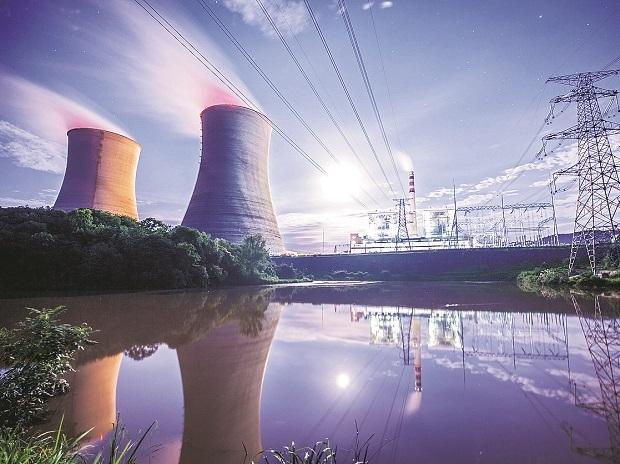[ad_1]
Loans amounting to Rs 7.62 lakh crore have been provided by 84 lenders, both national and international, to thermal power projects in India, with a capacity of 1,000 MW and above between 2005-2022, a new report said on Thursday.
The report, The Coal Tail: Tracking Investments in Coal fired Thermal Power Plants in India, by the Centre for Financial Accountability comes at the heels of COP27, which concluded on November 20 in Sharm-El-Sheikh, Egypt, where India announced its Long-Term Low Emissions and Development Strategies.
Moreover, India has recently assumed the presidency of the G20 Summit this month, which will have some focus on energy transition.
The report analysed data for 140 thermal power plants (TPPs) between 2005-2022 of which 122 were commissioned and 18 were in the construction phase and spread across 16 states/UTs.
The 122 plants account for almost 196 GW of the 204 GW total commissioned capacity during this timeframe, with 122 GW publicly held whereas 73 GW is privately-owned.
“Information about financing is indispensable to any scrutiny of project feasibility not only in terms of efficiency and requirement, but also the environmental and social impacts that accompany such projects. Yet, such information is rarely accessible to the public. This inaccessibility exists mainly due to lack of transparency and astute use of fiduciary relationships between bank and client,” said Kenneth Gomes, author of the report and Data Analyst at Centre for Financial Accountability.
“This report intends to remove this asymmetry and make such information available publicly to encourage demands for accountability from financial institutions.”
This year the Reserve Bank of India (RBI) released a discussion paper, which underscored the need to follow the Task Force on Climate-Related Financial Disclosures (TCFD), an international standard for climate-related risk disclosure.
Out of the Rs 7.12 lakh crore loans sanctioned domestically, Power Finance Corporation (PFC) and Rural Electrification Corporation Ltd (REC), together, sanctioned loans of Rs 4.19 lakh crore accounting for 90 per cent of the loans given by non-banking financial companies (NBFCs).
The State Bank of India accounts for 35.21 per cent of the loans given by public sector banks to 55 thermal power plants. From within India, private banks have lent Rs 0.278 lakh crore to coal-fired thermal power plants. Out of these, ICICI Bank has lent the highest amount of Rs 0.073 lakh crore, followed by Axis Bank with Rs 0.071 lakh crore, and HDFC with Rs 0.0615 lakh crore.
In terms of a state-wise spread, the highest amount of loans has gone to Tamil Nadu amounting to Rs 0.847 lakh crore, followed by Telangana, Maharashtra and Madhya Pradesh.
The report recorded a total of 22 international financial institutions, who have lent Rs 0.503 lakh crore in India. Japan Bank for International Cooperation has lent Rs 0.0734 lakh crore, China Development Bank Rs 0.0641 lakh crore.
Japan and China dominate the share of loans coming to the coal sector in India, which include financial institutions such as JBIC, JICA, China Exim Bank, Mizuho Corporate Bank, Ltd, Industrial & Commercial Bank of China and others.
While the thermal capacity addition has seen a reduction over the past years, the total supply of coal, both coking and non-coking, has increased in the last five years from 808 to 955 million tonnes. Financial institutions are, however, increasingly moving away from lending to TPPs given the risks attached.
According to a recently released report, Coal vs RE — Investment Report, Federal Bank was the first commercial bank to have announced a coal exit policy.
More recently, Sarvodaya Small Finance Bank also announced an end to financing coal projects.
–IANS
vg/ksk/
(Only the headline and picture of this report may have been reworked by the Business Standard staff; the rest of the content is auto-generated from a syndicated feed.)
[ad_2]


